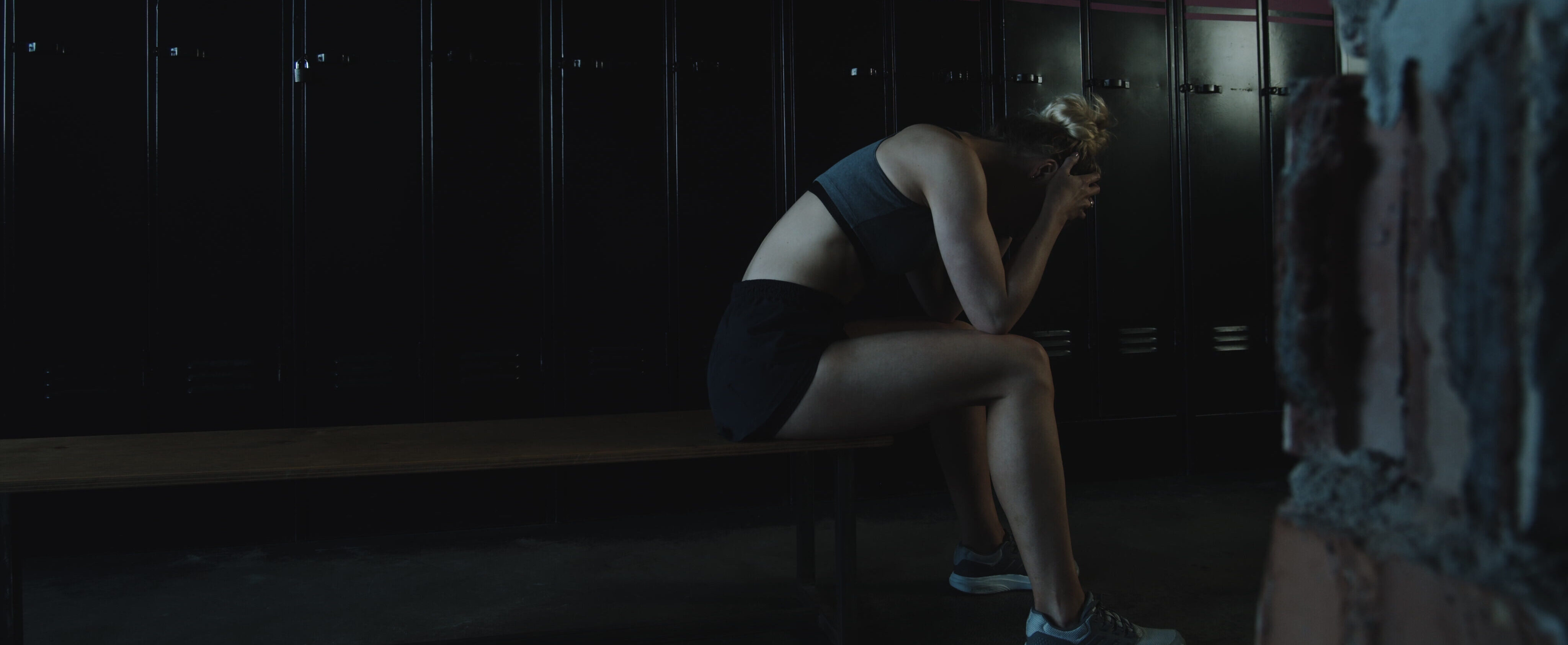Relative Energy Deficiency in Sport: What is RED-S and What Should You Know About It?
Many people have heard of anorexia and bulimia, maybe even binge eating disorder. However, did you know there is another eating disorder that impacts athletes? It’s called RED-S, short for relative energy deficiency in sport. It was originally known as the female athlete triad, however, it is now recognized that people of all sexes can be impacted.
Written by Becca Blumberg, MS, RDN
Edited by Pavlína Marek
What Causes Relative Energy Deficiency in Sports?
RED-S can begin very subtly. Its symptoms are often vague and non-specific. Fatigue, increased susceptibility to colds, and slower recovery from workouts are all common. As the deficit increases, athletes may become more prone to injury. Mental health may start to suffer (this is very common with eating disorders in general as the brain becomes starved of the fuel it needs). Finally, the bones and reproductive health are impacted. Depending on the severity and timing of the disorder, those impacts may affect the individual for the rest of their life.
What Are the Symptoms of RED-S?
The danger of this disease lies in its slow onset and the fact that its initial symptoms (close attention to diet and training, some fatigue, and illness) are often thought of as common. The athletes are “just doing what it takes to be a successful athlete and reach one’s goals.” Our society perpetuates this with the common advice to “eat less, move more” and sayings like “no pain, no gain.” This causes a level of anxiety around food and exercise that interferes with the individual’s ability to engage fully in life. As nutrition stores dwindle, people suffering from RED-S may become anxious, irritable, or depressed. They may also have high degrees of body dissatisfaction and body dysmorphia (perceiving flaws in one’s own body where anyone else would find none).
Eating disorders become more severe and harder to recover from the longer they last. RED-S often goes undiagnosed. Symptoms are vague, behaviors are praised. Impacted athletes barely discuss their menstrual health with doctors, and signs in males (less frequent morning erections, decreased sperm count) aren’t even on the radar. This means that by the time of diagnosis, the physical damage is more severe and the recovery will take longer.
What Treatment Options Are There?
Treatment must address both the physical AND mental implications of RED-S (the same applies to other eating disorders). Athletes must work with qualified and experienced mental health professionals to address the underlying mindset and become less rigid in their routines. They must also work with qualified and experienced dietitians to fully replenish their depleted bodies and get the nutrition they need. Often, the mind can’t heal until the body gains proper nourishment. Therefore, it is crucial to address BOTH aspects of healing.
If you, or someone you know, is suffering from an eating disorder, don’t wait to get help. Even if you don’t think so, you are sick enough! More information and resources about RED-S can be found at Project RED-S (https://red-s.com/). The National Alliance for Eating Disorders (allianceforeatingdisorders.com) is a great general resource for this and other eating disorders. Do not hesitate to reach out or find qualified professionals in your area.
Do You Want to Dig Deeper?
Here is a great interview with Sports and Eating Disorder Dietitian Renee McGregor. McGregor has more than two decades’ worth of experience working in the field with a particular focus on RED-S. She’s worked in a range of sports from NHS clinics to Olympic athletes.
About Becca Blumberg

If you have any questions, are looking for general advice, or just want a nutritionist to have your back, check Becca out at https://www.facebook.com/Ripple.Nutrition or rippleenutrition.wixsite.com/ripplenutrition or reach out to her @ripple.nutrition on Facebook or at beccablumberg@gmail.com.


